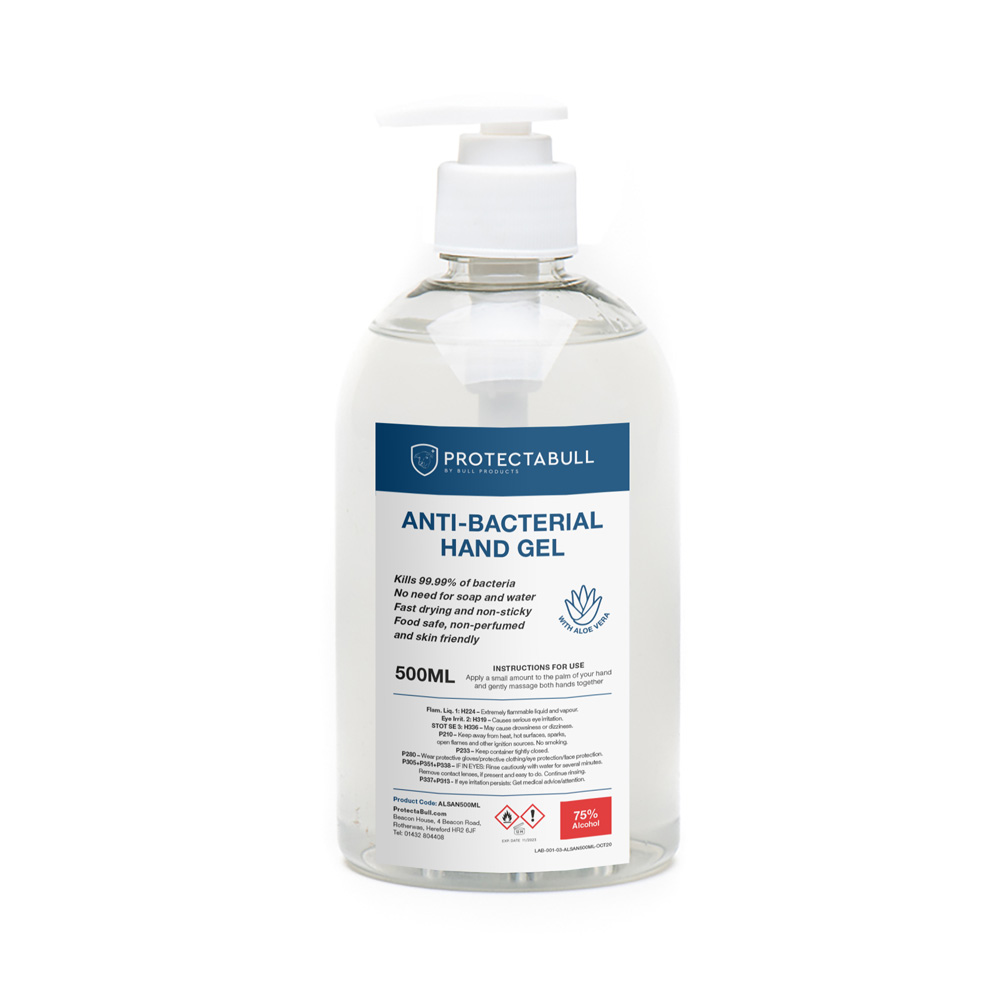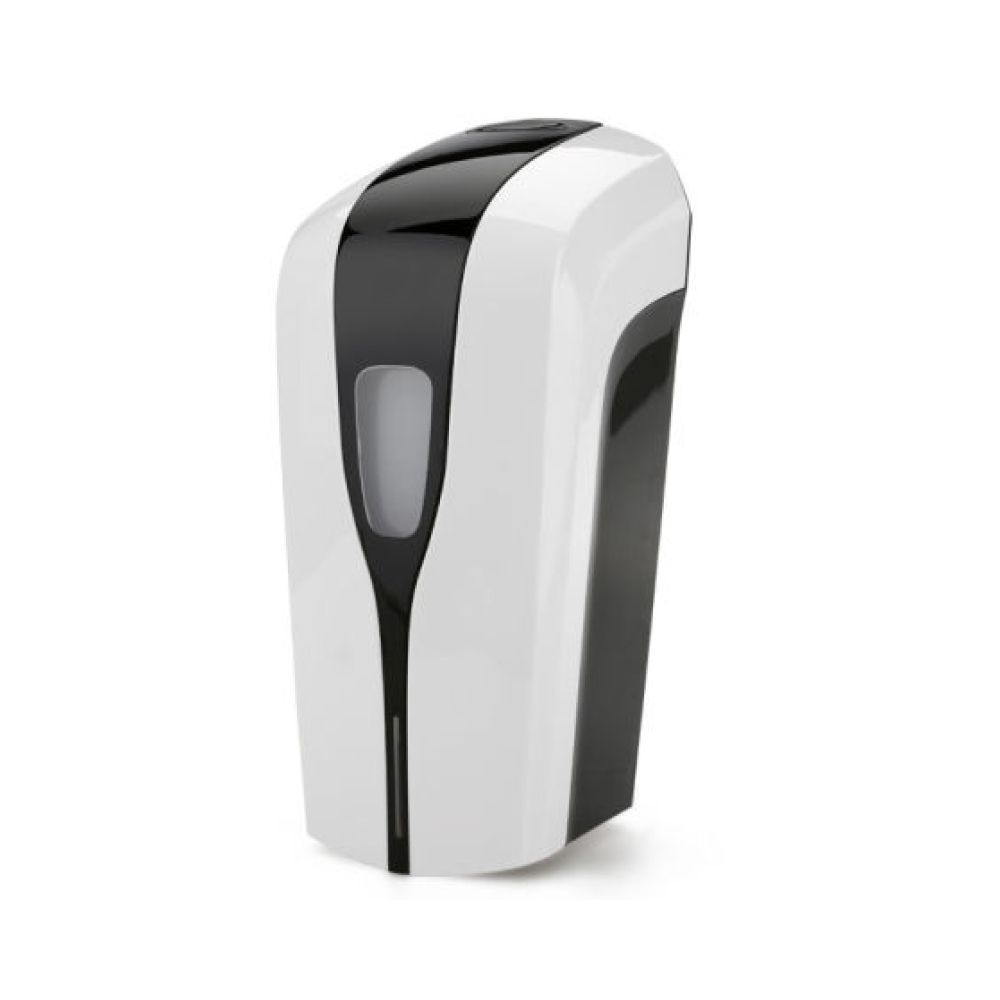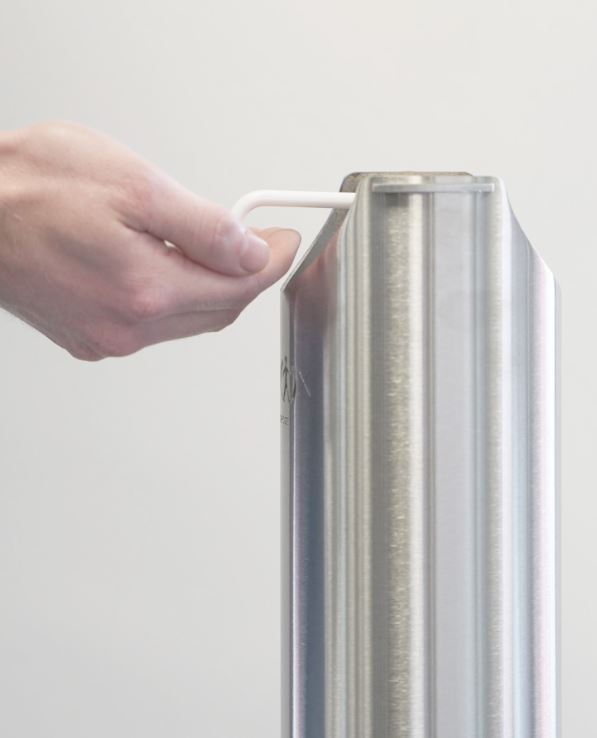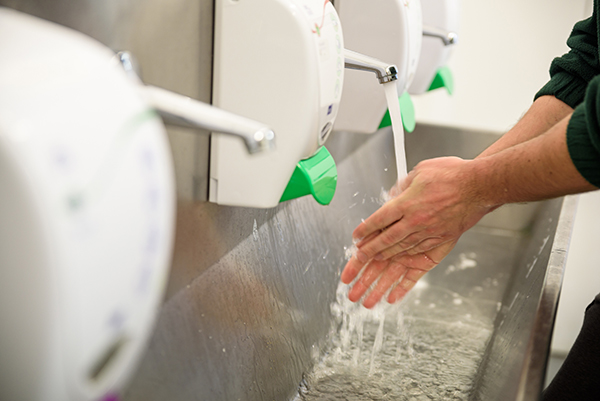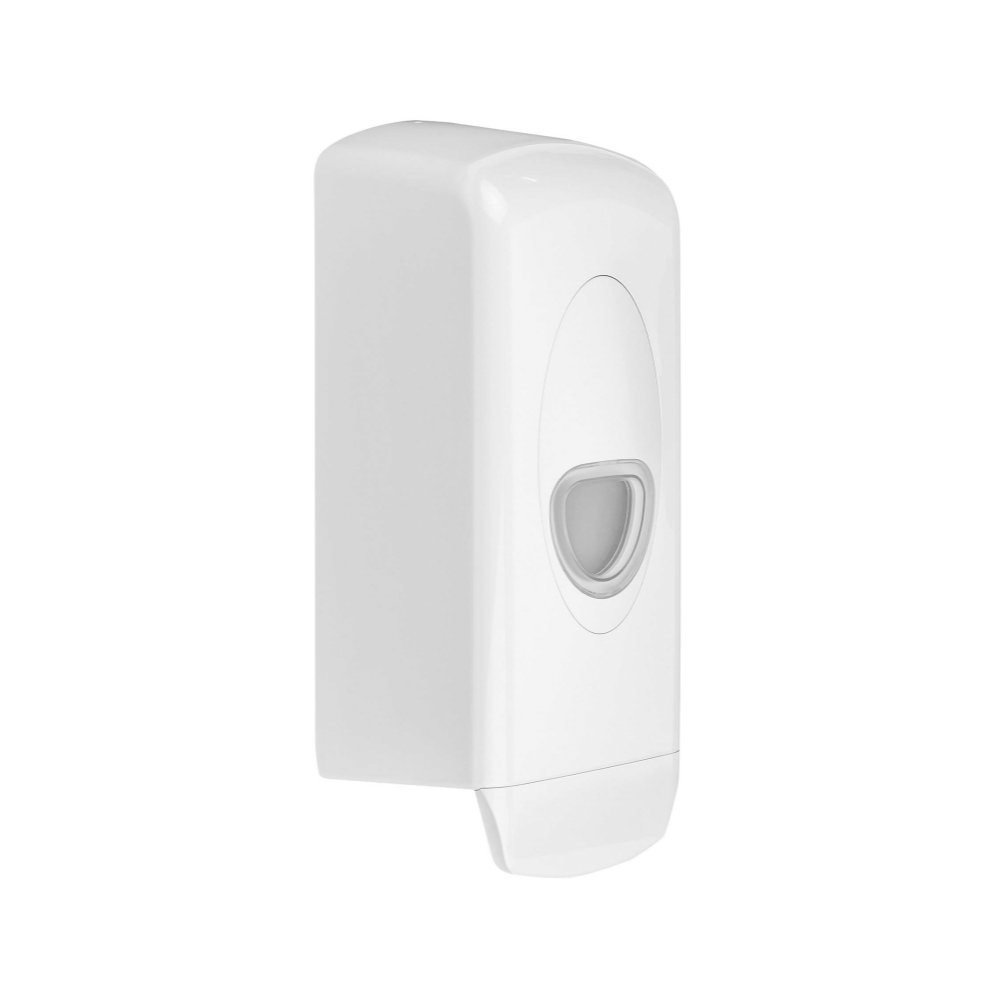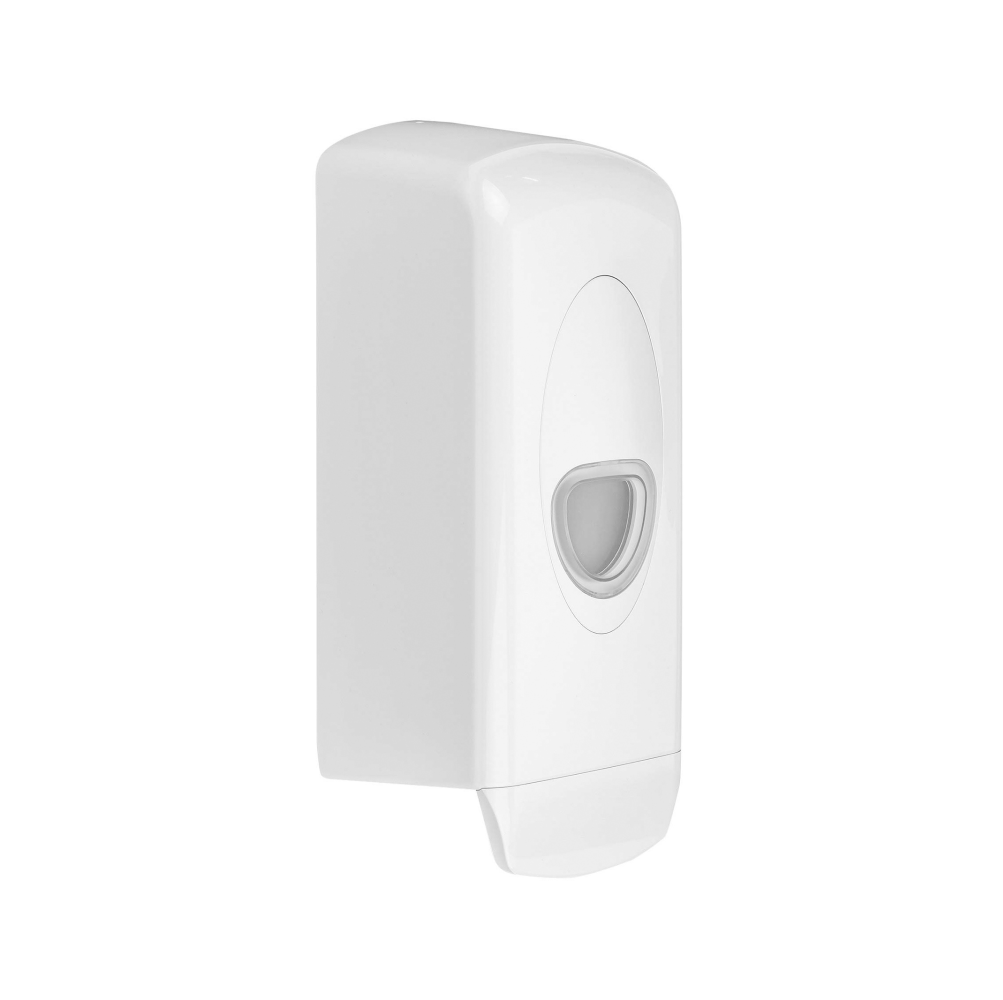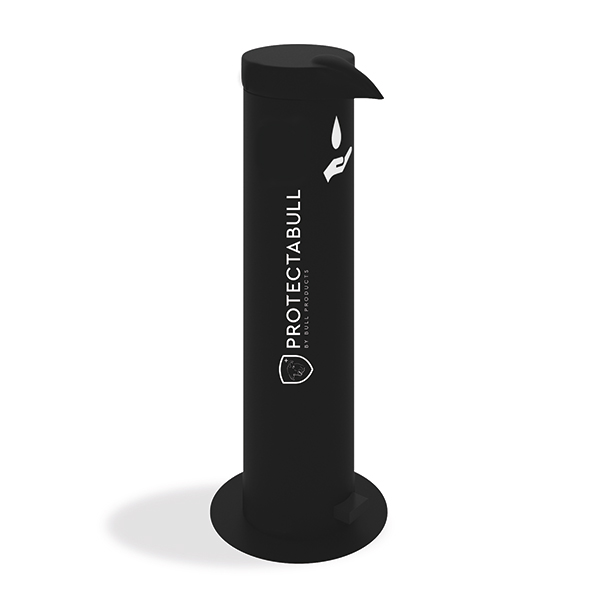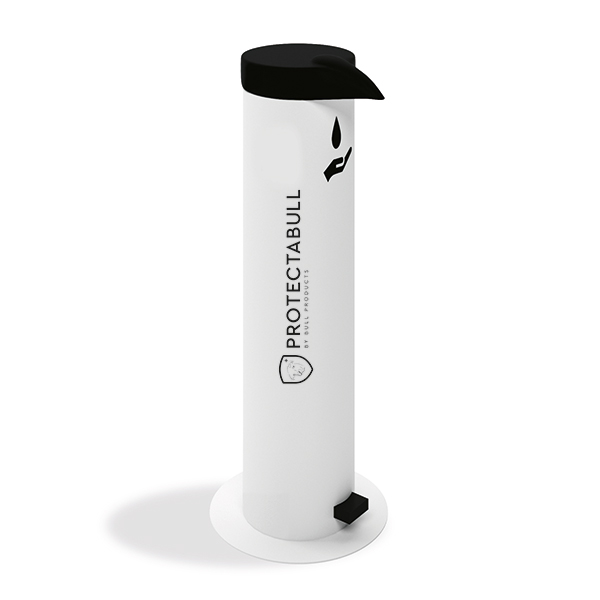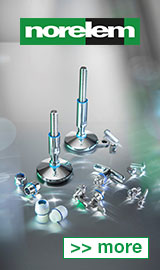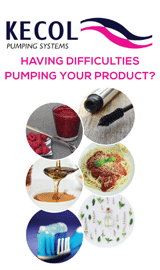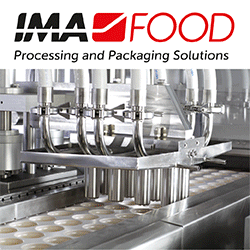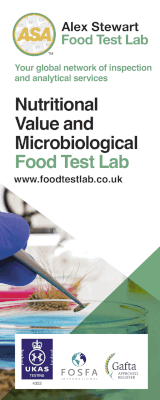Handwashing – play your part this winter
Thorough handwashing is one of the most crucial steps that food industry workers can take, not only to protect themselves but others too. As we approach winter, it’s important that stringent hand hygiene measures are being followed and that workers have access to the right products.
ProtectaBull.com by Bull Products is your one-stop e-shop to protect workers, bringing you all the essentials for Securing Your Safety in the food processing and manufacturing sector. From hand sanitisers to dispensers, ProtectaBull.com has a range of equipment to suit your workers’ needs.
Prevent the spread of infections with frequent handwashing
The Food Standards Agency estimates that there are 2.4 million cases of foodborne illness per year in the UK.[1]
As 80% of all infections are transmitted by the hands, frequent and proper handwashing is the first line of defence in preventing the spread of some of the most common foodborne illnesses including E.coli and listeria[2], but also winter bugs such as flu and norovirus, and currently COVID-19.
It’s important that businesses stress the importance of frequent handwashing and maintaining good hygiene practices in food preparation and handling areas.
According to the World Health Organisation[3], good staff hygienic practices include:
- Proper hand hygiene – wash with soap and water for at least 20 seconds.
- Frequent use of alcohol-based hand sanitisers;
- Good respiratory hygiene (cover mouth and nose when coughing or sneezing; dispose of tissues and wash hands).
- Frequent cleaning/disinfection of work surfaces and touch points such as door handles.
- Avoiding close contact with anyone showing symptoms of respiratory illness such as coughing and sneezing.
Furthermore, the Food Standards Agency advises that all staff who work with food must wash their hands[4]:
- When in the kitchen or preparation area
- Before preparing food
- After touching raw food
- After handling food waste or emptying a bin
- After cleaning
- After blowing their nose
- After touching phones, light switches, door handles and cash registers.
The Food Standards Agency emphasises that there is no substitute for effective handwashing ‘using a recognised technique’, but that anti-bacterial gels can be used following handwashing as an additional level of protection to help prevent cross-contamination and control the risk of E.coli[5].
Handwashing – Sanitisers and Dispensers by Protectabull.com
Manual and Auto Dispensers
- Wall-mounted dispensers with a 1 litre capacity that can be filled with alcohol sanitiser or soap.
- These dispense the liquid either manually or automatically via infrared sensor.
Hand Sanitiser Gel with Pump
- A hand and surface liquid sanitiser suitable for many industrial and commercial environments.
- 500ml 75% Alcohol Gel Hand Sanitiser with aloe vera in a bottle with a pump top.
- Kills 99.99% of bacteria.
- Additional protection to soap and water.
- Food safe, fast drying and non-sticky.
- The NHS recommends that sanitisers are a minimum of 60% alcohol to be effective. The 75% alcohol in this formula is effective against germs, while the aloe vera soothes.
SaniPod
- Foot-operated unit for safe dispensing of hand sanitiser, directly from a 5 litre container – averaging 8,000 dispenses between refills.
- It can use any sanitiser liquid or gel and is available in black or white coated finish.
- Heavy-duty unit, easily cleaned and maintained.
- Can be fixed to floor for security or fitted with wheels for mobile use.
Pedal Operated Hand Sanitiser
- Ensure increased hygiene at work with this free-standing, stainless steel, pedal-operated, hand sanitiser station.
- Can be fixed to the ground for stability.
- No installation or power required.
- Compatible with any standard sanitiser bottle with a push-down top (max: 110mm (w) x300mm (h). Bull Products recommends the 75% alcohol 500ml sanitiser.
[1] https://www.ncbi.nlm.nih.gov/pmc/articles/PMC7319714/
[2] https://www.ncbi.nlm.nih.gov/pmc/articles/PMC7319714/
[3] https://apps.who.int/iris/bitstream/handle/10665/331705/WHO-2019-nCoV-Food_Safety-2020.1-eng.pdf
[4] https://www.food.gov.uk/business-guidance/personal-hygiene
[5] https://www.food.gov.uk/business-guidance/e-coli-cross-contamination-guidance

